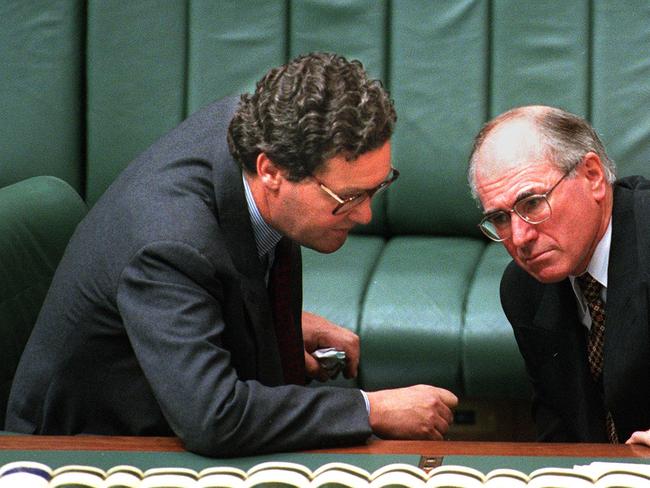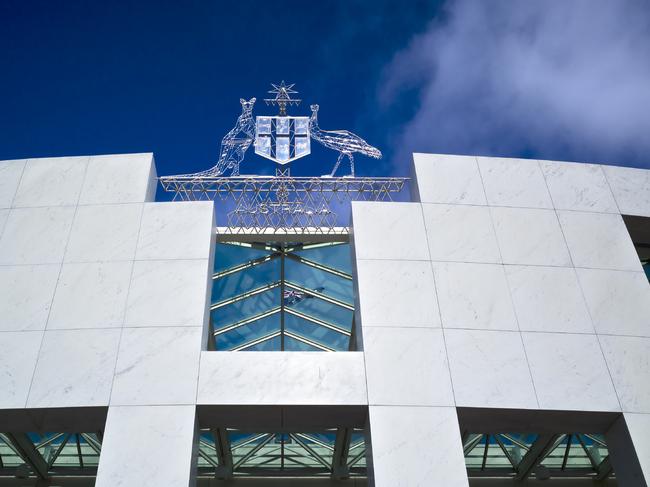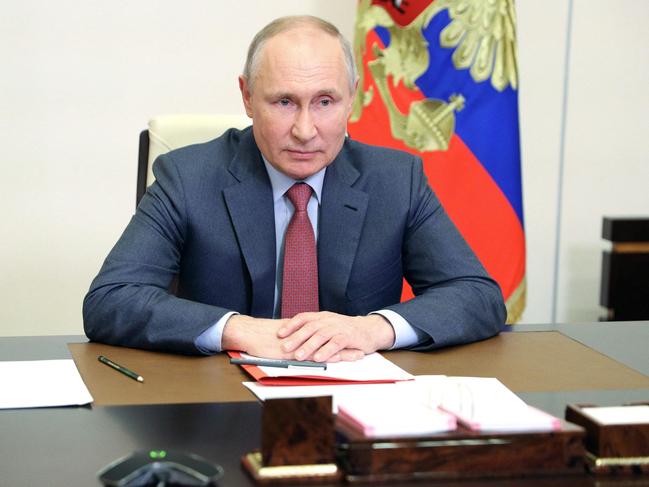
State-sanctioned ‘dirty little secrets’ in national interest
There is something quaintly pious about the indignation the 2004 spying case still generates in some quarters of Australia.

There is something quaintly pious about the indignation the 2004 spying case still generates in some quarters of Australia.

The speculation concerning this case makes ASIO’s decision not to prosecute the politician-turned-spy unsustainable. There is now a high chance of accusations being made under parliamentary privilege.

A culture of risk-aversion and apathy across our national agencies has bred a deep disregard for the transparency that the National Archives is charged with providing.

Widespread cynicism towards the two-party system has obscured a simple truth: we only get out what we put in. The blame for ineffectual parties falls as much on the shoulders of passive observers as it does on our politicians.

New measures are required to increase the affordability and availability of fertility treatments if the dream of the Australian family is to be kept alive for the next generation.

There has been an almost flippant assumption from the national security community that our schools and universities will yield scores of qualified nuclear submariners. But the evidence suggests otherwise.

Australians will need to look anew at the work of their secret service. In the face of Chinese aggression, it’s more important than ever.

The final Western objective cannot be solely for the liberation of Ukraine: Russia must not return to normalised relations without first removing Vladimir Putin from office.
Original URL: https://www.theaustralian.com.au/author/william-stoltz